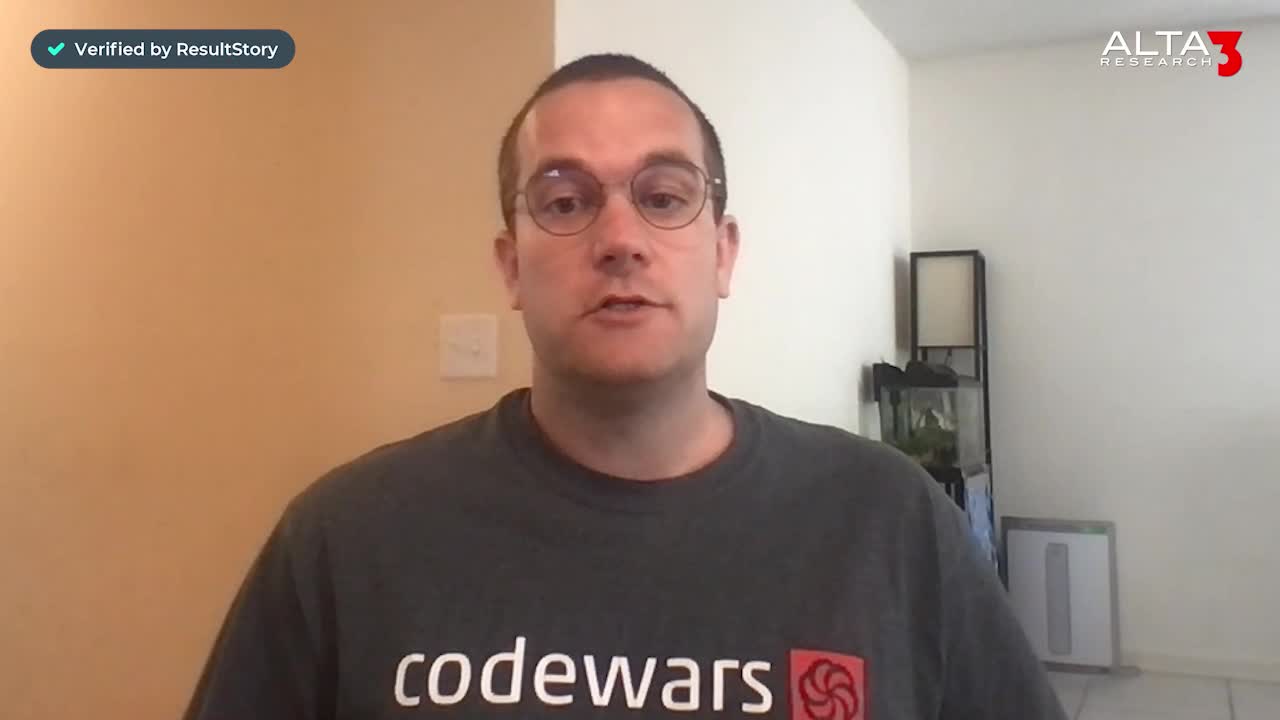PMI Authorized Professional in Business Analysis (PMI-PBA) Certification Exam Prep
Master the PMI Authorized Professional in Business Analysis certification with our comprehensive exam prep course, designed for experienced business analysis practitioners ready to excel in their profession.

Essential Skills Gained

Identify key business analysis tasks in alignment with PMI standards.

Understand the five business analysis domains crucial for the PMI-PBA exam.

Assess your preparedness and readiness for the PMI-PBA exam.

Implement effective strategies for exam preparation and application completion.
Format
- Instructor-led
- 4 days with lectures and hands-on labs.
Audience
- Experienced Business Analysts
- PMI-PBA Certification Candidates
- CBAP Certified Professionals
- Business Analysis Students
Description
This course provides an in-depth review of the business analysis knowledge, skills, and tasks as discussed in the PMI business analysis standard Business Analysis for Practitioners: A Practice Guide. The material within this course provides a solid overview of the activities commonly performed by those fulfilling the business analysis role on programs and projects. The content of this course is fully aligned to the definition of the business analysis practice as detailed within the role delineation survey completed for PMI in 2013. The course is intended to prepare students who are interested in taking the PMI-PBA® exam.
Upcoming Course Dates
No upcoming dates. Please check back later.
Course Outline
Download PDFModule 1: The PMI-PBA® Certification Process
The value of professional certification
Eligibility requirements for the PMI-PBA®
The PMI-PBA® application process
The PMI-PBA® exam process
Module 2: Foundation Concepts
Basic PMI Terminology
Project Approaches/Methodologies
Code of Ethics
Module 3: Business Analysis Overview
Definition of business analysis
PMI’s role of the business analyst
The relationship of project managers and business analysts
The knowledge and skills requirements of business analysts
Types of requirements
Module 4: Needs Assessment
The Importance of Needs Assessment
Assess Current State
Define Problem or Opportunity
Develop Situation Statement
Identify and Analyze Stakeholders
Determine Stakeholder Values
Recommend Action to Address Business Needs
Develop Solution Scope Statement
Assemble the Business Case
Project Selection
Module 5: Business Analysis Planning
The Importance of Planning for Business Analysis Planning
Determine Project Context
Plan Business Analysis Activities
Plan Requirements Management
Define Project Expected Outcomes
Create the Business Analysis Plan & Gain Approval
Module 6: Requirements Elicitation
The Importance of Requirements Elicitation
Types of Requirements
Plan Elicitation Techniques
Conduct Elicitation
Document Elicitation Results
Module 7: Requirements Analysis
The Importance of Requirements Analysis
Plan for Analysis
Requirement Analysis Models (Scope, Data, Process, Business rules, Interface)
Document Solution Requirements
Evaluate Product Options and Capabilities
Validate/Verify/Approve Requirements
Module 8: Traceability and Monitoring
The Importance of Traceability & Monitoring
Establish Relationships and Dependencies
Approve Requirements
Baseline Requirements
Monitor and Communicate Status of Requirements
Manage Requirements Changes
Module 9: Solution Evaluation
The Importance of Solution Evaluation
Plan Solution Evaluation Approach
Evaluate Acceptance Criteria
Validate Test Results
Evaluate Solution Results
Facilitate Go/No Go Decision
Obtain Solution Signoff
Transition the Solution
Evaluate Long Term Performance
Lessons Learned
Module 10: Preparing for the Exam
Developing a Study Plan
Study Techniques
Preparing for the Exam
Appendix
Reference Materials
Mock Questions/Answers (online simulator by topic and combined)
Glossary
Your Team has Unique Training Needs.
Your team deserves training as unique as they are.
Let us tailor the course to your needs at no extra cost.
See What Other Engineers Are Saying
Trusted by Engineers at:
and more...

Aaron Steele

Casey Pense

Chris Tsantiris

Javier Martin

Justin Gilley

Kathy Le

Kelson Smith

Oussama Azzam

Pascal Rodmacq

Randall Granier

Aaron Steele

Casey Pense

Chris Tsantiris

Javier Martin

Justin Gilley

Kathy Le

Kelson Smith

Oussama Azzam

Pascal Rodmacq

Randall Granier